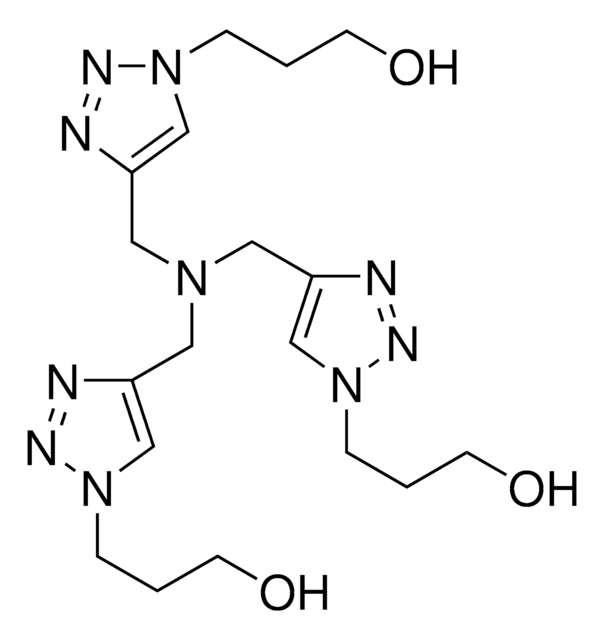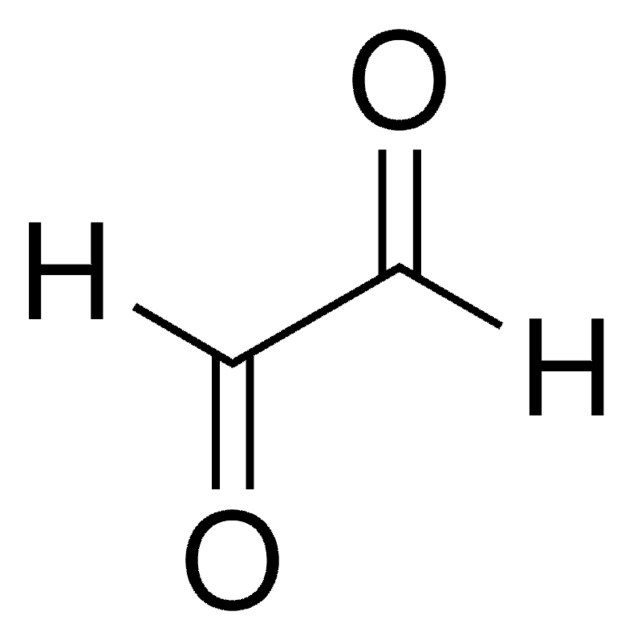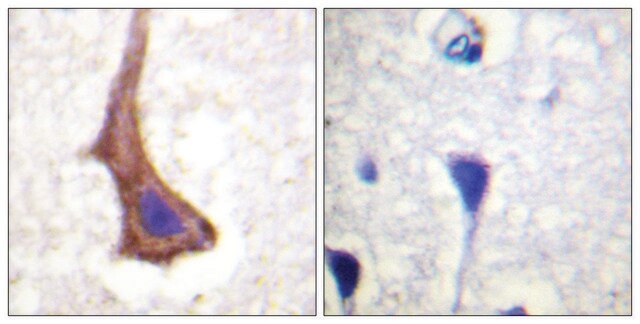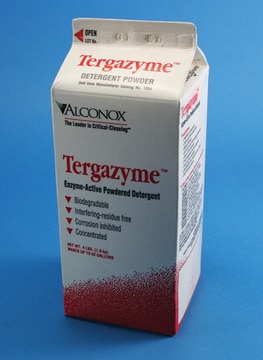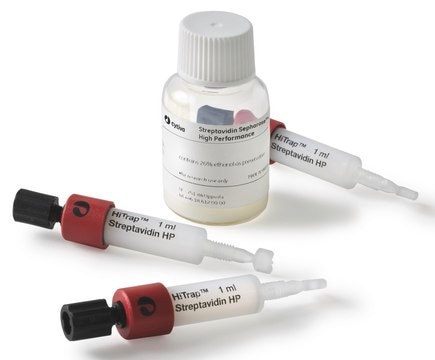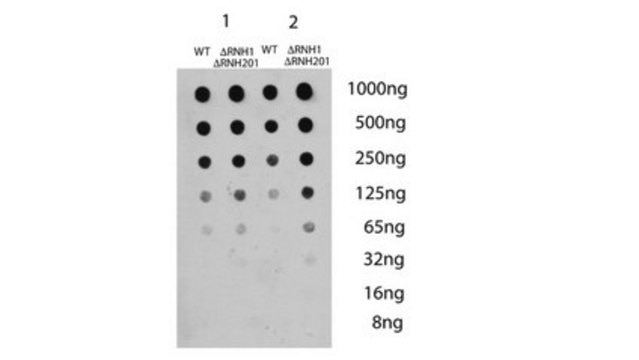MABF191
Anti-CSF1 Antibody, clone 2D10
ascites fluid, clone 2D10, from mouse
Synonym(s):
Macrophage colony-stimulating factor 1, CSF-1, M-CSF, MCSF, Lanimostim, Processed macrophage colony-stimulating factor 1
About This Item
Recommended Products
biological source
mouse
Quality Level
antibody form
ascites fluid
antibody product type
primary antibodies
clone
2D10, monoclonal
species reactivity
human
technique(s)
immunohistochemistry: suitable
western blot: suitable
isotype
IgG1
UniProt accession no.
shipped in
wet ice
target post-translational modification
unmodified
Gene Information
human ... CSF1(1435)
General description
Immunogen
Application
Optimal working dilutions must be determined by end user.
Inflammation & Immunology
Immunological Signaling
Quality
Western Blotting Analysis: A 1:500-2,000 dilution of this antibody detected human recombinant CSF1 protein.
Target description
Physical form
Storage and Stability
Handling Recommendations: Upon receipt and prior to removing the cap, centrifuge the vial and gently mix the solution. Aliquot into microcentrifuge tubes and store at -20°C. Avoid repeated freeze/thaw cycles, which may damage IgG and affect product performance.
Analysis Note
Human recombinant CSF1 protein
Disclaimer
Not finding the right product?
Try our Product Selector Tool.
wgk_germany
nwg
flash_point_f
Not applicable
flash_point_c
Not applicable
Certificates of Analysis (COA)
Search for Certificates of Analysis (COA) by entering the products Lot/Batch Number. Lot and Batch Numbers can be found on a product’s label following the words ‘Lot’ or ‘Batch’.
Already Own This Product?
Find documentation for the products that you have recently purchased in the Document Library.
Our team of scientists has experience in all areas of research including Life Science, Material Science, Chemical Synthesis, Chromatography, Analytical and many others.
Contact Technical Service


